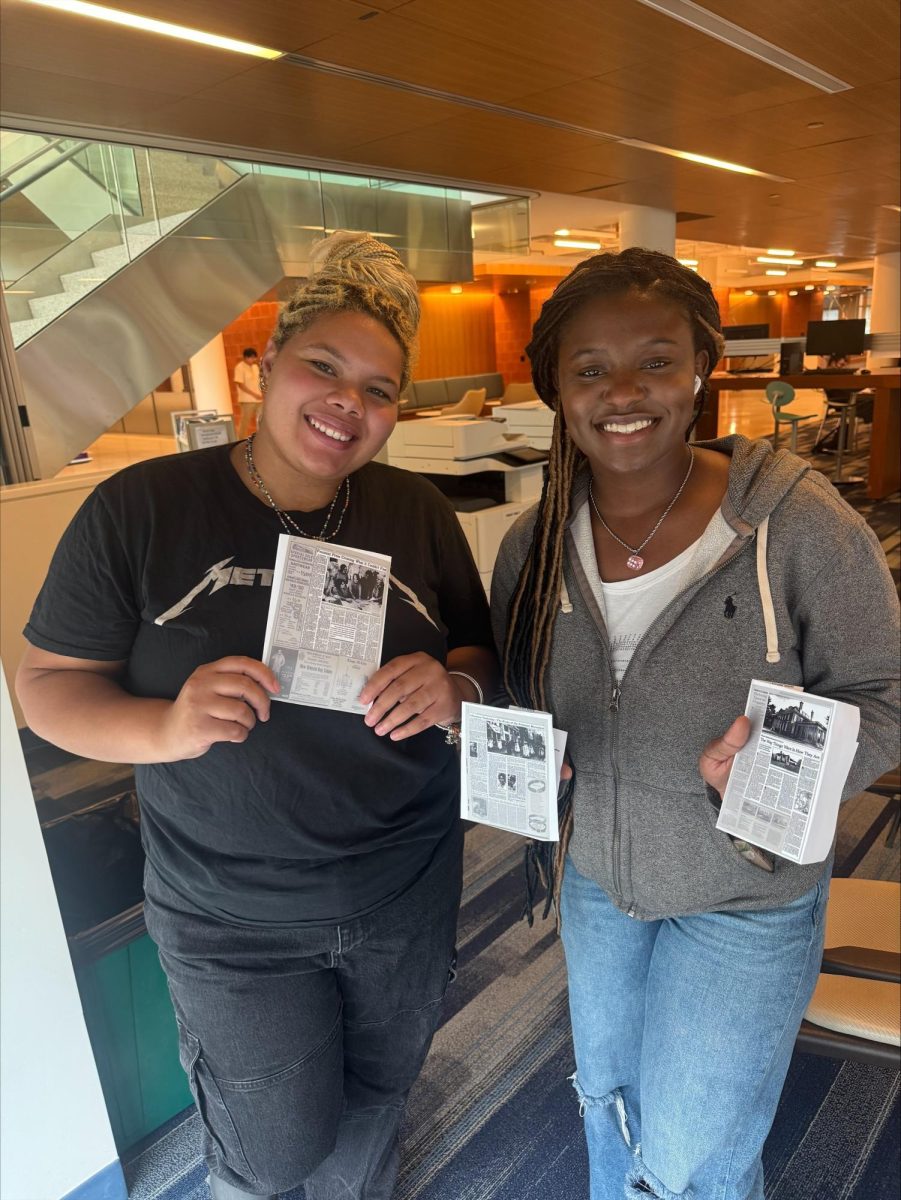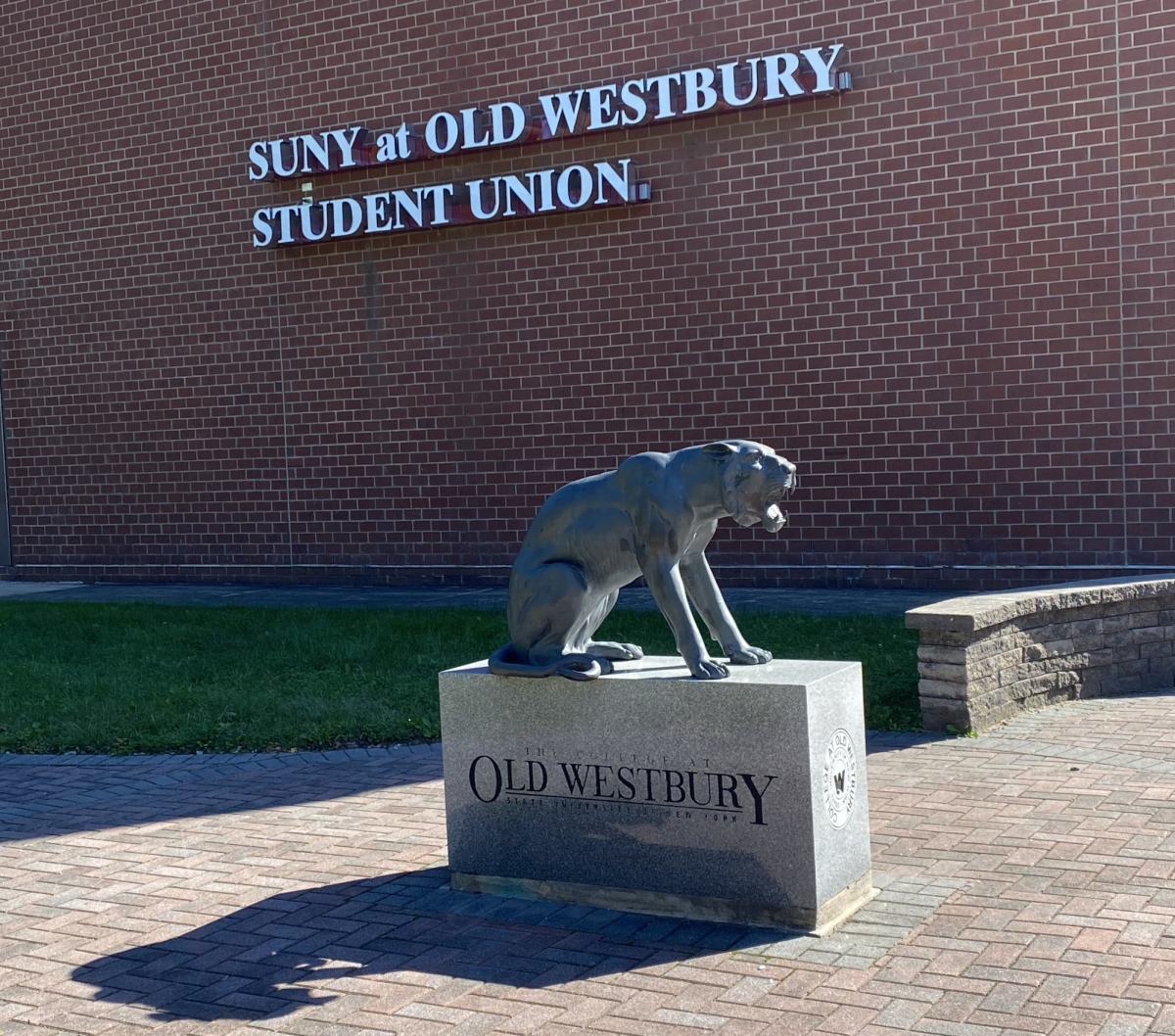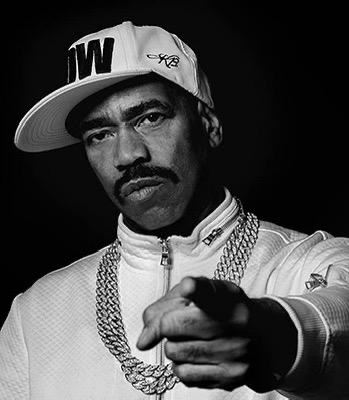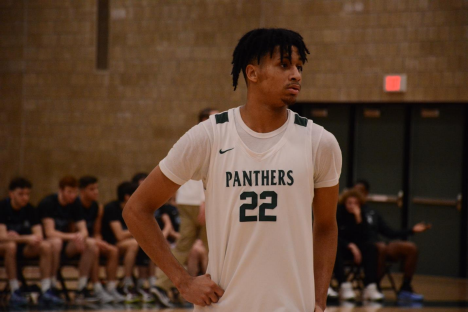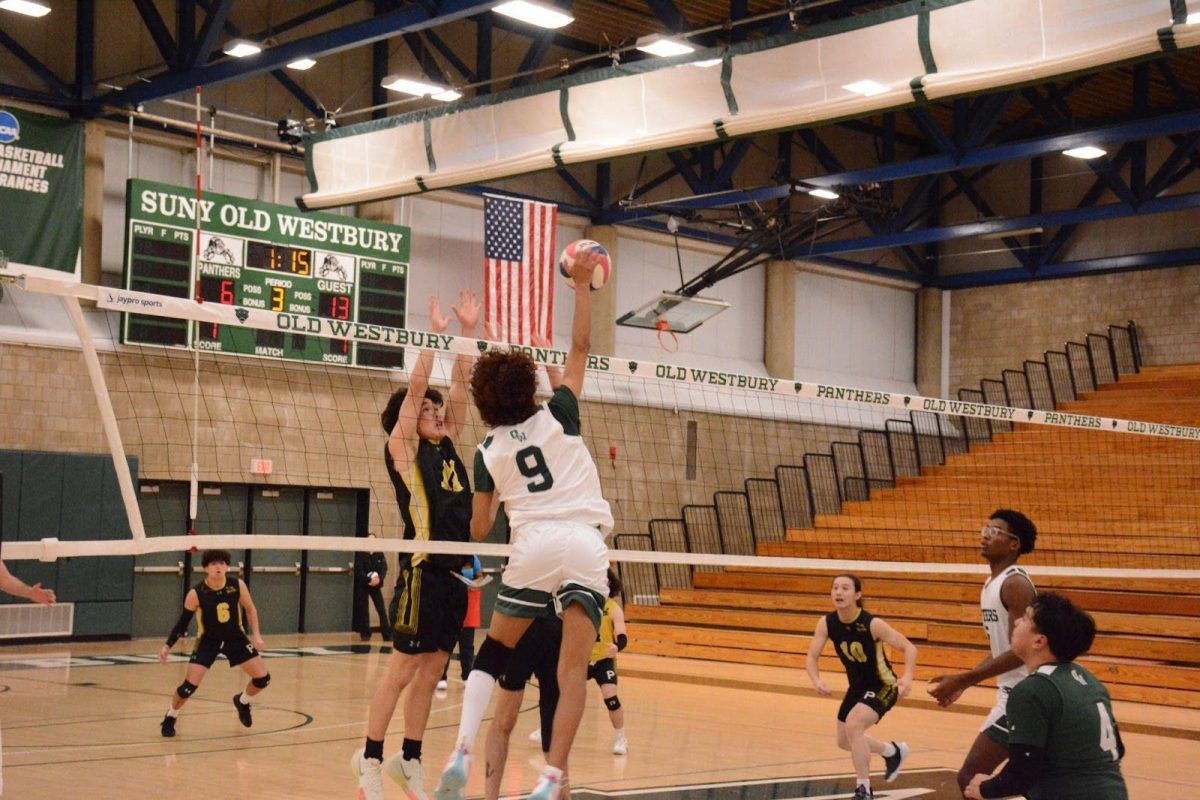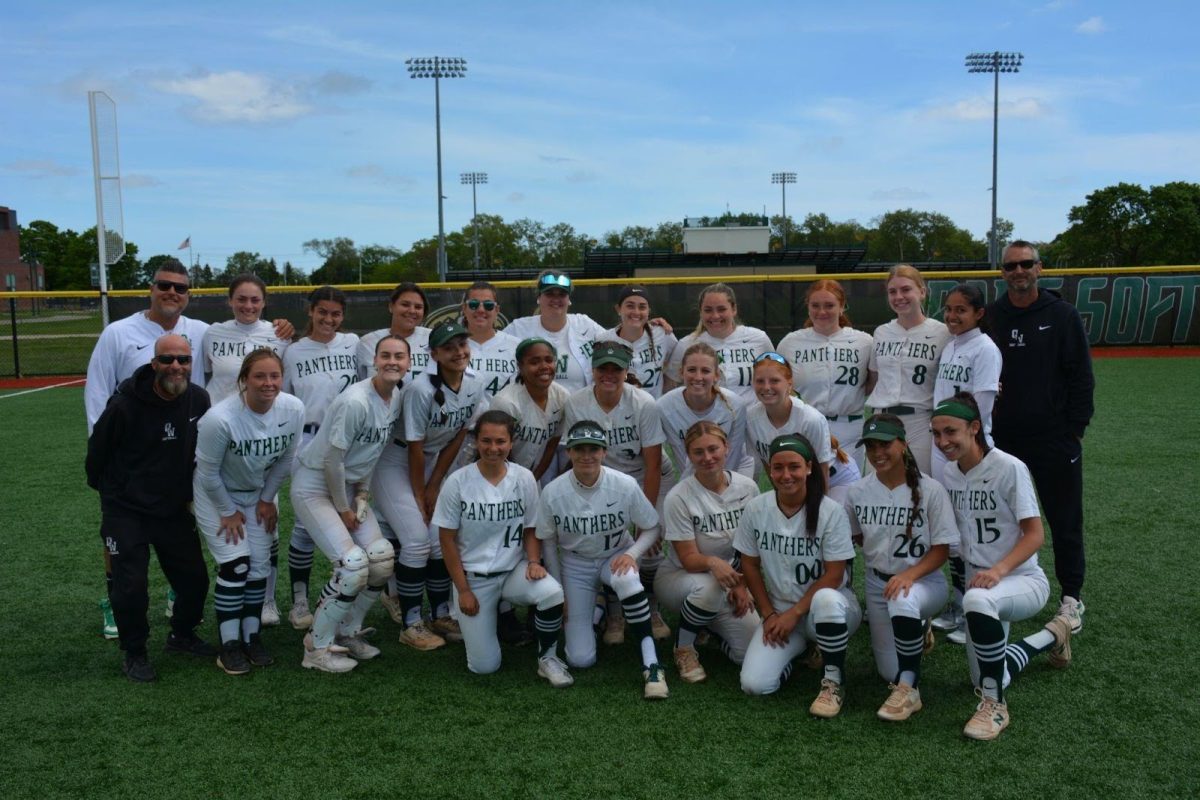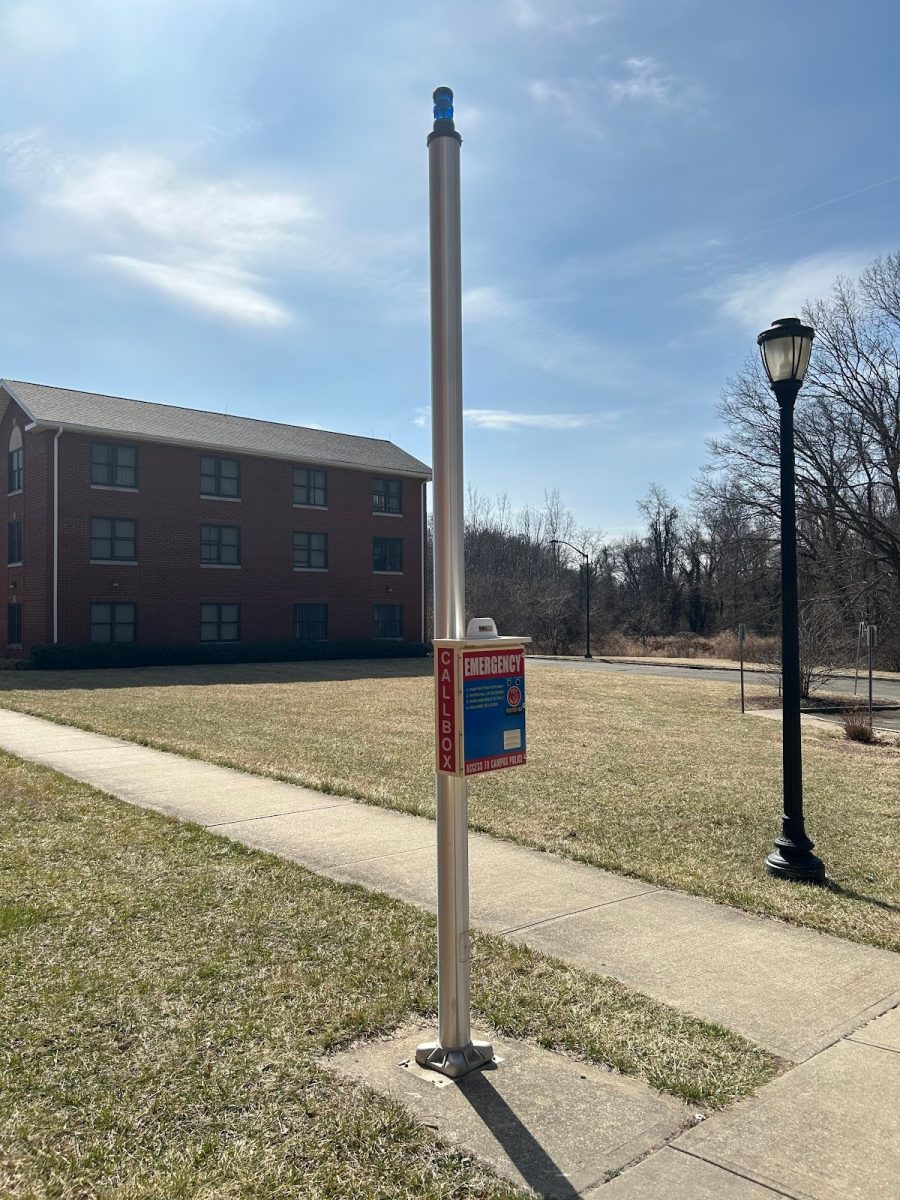
Stanley Kubrick’s The Shining is a film that has become ingrained in pop culture and is considered to be one of the greatest horror films ever made. However, Stephen King, who wrote the novel that the film is based off of, has expressed his distaste for the film, calling it too cold and emotionless, and it is not an accurate adaptation of the book.
And now, thirty-nine years after the release of the film, we have Doctor Sleep, an adaption of King’s book which is a sequel to The Shining book. Directed by Mike Flanagan, Doctor Sleep follows Danny Torrence (played by Ewan McGregor) as an adult after the events of The Shining. Danny has become an alcoholic like his father, in order to suppress his childhood trauma. However, he stumbles upon a little girl named Abra Stone (played by Kyliegh Curran) who has the same abilities as him. Soon a group of people who are hungry for Abra’s powers pursue her and it is up to Danny to save her, while confronting his own childhood trauma.
Ewan McGregor is easily the best part of the film. He perfectly displays a lot of the trauma and struggles that Danny has faced since he was a child. Within the first act, McGregor’s performance tells the audience everything you need to know about his mental state and how desperately he needs to find a way to cope.
The biggest flaw with Doctor Sleep, is that it is trying to be a sequel to Kubrick’s film, while simultaneously being an accurate adaptation of King’s book. The Shining was a psychological horror film with supernatural elements. The ghosts and Danny’s powers were there but it wasn’t what provided the majority of the horror in the film. What made that film so scary was seeing Jack Torrence go crazy because of how much he hated his family. Doctor Sleep leans more heavily into the supernatural elements of the first film and because of this both films feel very detached.
Kubrick’s cold and clinical approach to filmmaking isn’t here. Instead Flanagan stays more faithful to King’s book by making a more personal, but still terrifying story, which never worked with Kubrick’s style of filmmaking. This is very apparent when Doctor Sleep begins to recreate shots and use the score from The Shining and it loses all effect because the same context isn’t there. Kubrick’s The Shining observes it’s characters and focuses more on atmosphere with an objective camera, while Flanagan takes a more subjective approach and allows the viewer to get into the characters’ heads. Both methods work well on their own, but when watching both films back to back, I imagine the difference will be jarring.
Fans of Stephen King’s two original books may be pleased with the film, however if your only knowledge of The Shining is from the film, you may leave the theater disappointed.


